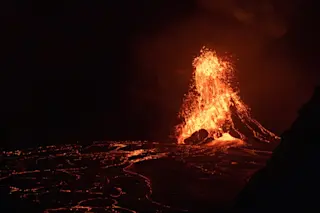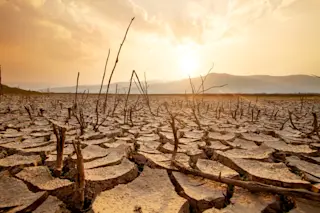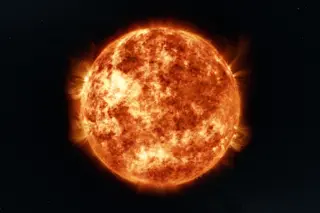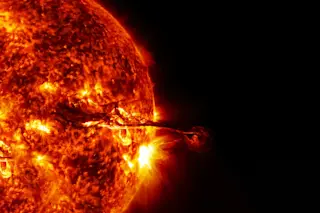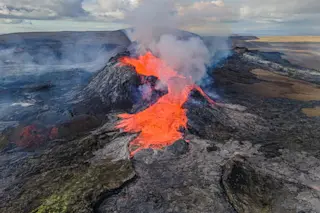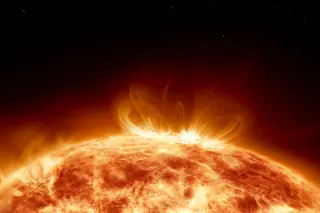Apparently I am one of those alarmists who, following the 2005 hurricane season in the Atlantic, hyped the connection between hurricanes and global warming. Only...I didn't. In my book on this subject, Storm World: Hurricanes, Politics, and the Battle Over Global Warming, I actually criticized those who had oversold this connection. That's probably why the American Meteorological Society called Storm World "an accurate and comprehensive overview of the evolving debate on the impacts of global warming on hurricanes that illustrates the complexities of this significant scientific problem.” So how then can rightwing science pundit Michael Fumento write the following?
...[in] 2005 [the] the coincidence of two major hurricanes striking the U.S. and causing lots of damage, Katrina and Rita, led to a storm of allegations that global warming was causing cyclones to rise up in revenge against man. Most notable was far-left science writer Chris Mooney’s Storm World: Hurricanes, Politics, ...


